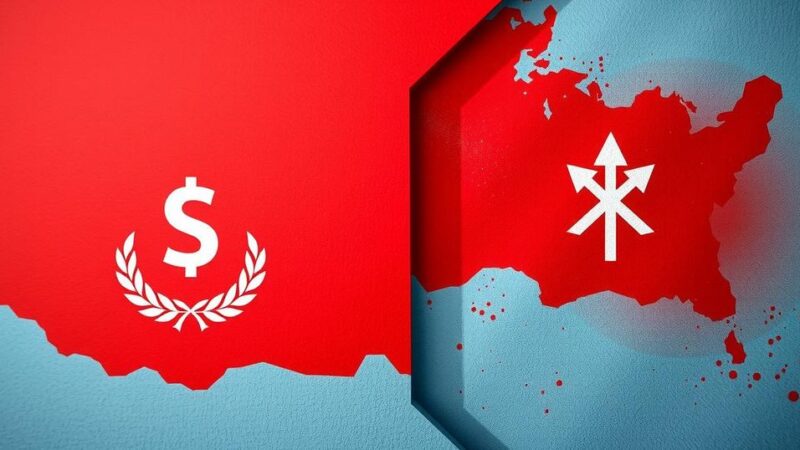Apple Inc. faces criminal complaints from DRC lawyers accusing the company of sourcing unethical “blood minerals” that finance violence and child labor. The lawsuits, announced on December 17, 2024, contradict Apple’s claims of responsible sourcing, raising significant ethical scrutiny regarding supply chains in conflict regions. Legal representatives emphasize the need for transparent verification of Apple’s practices in light of the rising accountability expectations for global corporations.
Apple Inc. has vehemently rejected allegations of complicity in the unethical acquisition of minerals from the Democratic Republic of Congo (DRC), as lawyers representing the DRC initiated criminal complaints against the corporation in France and Belgium. The lawsuits, announced on December 17, 2024, assert that Apple has been financing violence, child labor, and environmental degradation by sourcing so-called “blood minerals” from the DRC, which are purportedly extracted in conflict zones and laundered through international supply chains.
This legal initiative has been spearheaded by Amsterdam & Partners, Bourdon & Associés, and Jus Cogens, prominent law firms representing the Central African state. Their statement criticized Apple for misleading consumers by claiming its supply chains are free from ethical violations while allegedly profiting from minerals extracted under dire conditions. The DRC is currently fraught with conflict, with rebels purportedly receiving support from Rwanda, exacerbating the crisis surrounding mineral extraction.
William Bourdon, a prominent French criminal lawyer involved in the case, described this joint legal action as an unprecedented step towards holding a major technology firm accountable for its purportedly exploitative practices. Robert Amsterdam, a notable attorney with extensive experience in international law, emphasized that Apple possesses sufficient resources and knowledge to understand the implications of its supply chain decisions. He condemned the company for its perceived lack of accountability and reliance on misleading narratives concerning supply chain integrity.
In response to these accusations, Apple affirmed its commitment to responsible sourcing, indicating that it had previously instructed suppliers to refrain from sourcing tin, tantalum, tungsten, and gold from the DRC and Rwanda due to concerns over the integrity of independent audits. While the DRC’s legal representatives acknowledged Apple’s response, they expressed skepticism, emphasizing that the validity of Apple’s claims requires verification through concrete facts and figures.
Amid increasing scrutiny of international supply chains, particularly those involving African resources, the ongoing lawsuits highlight the broader concerns surrounding ethical sourcing practices in the tech industry. Several European regulations, including France’s Corporate Duty of Vigilance and the European Corporate Sustainability Due Diligence Directive (CSDDD), have intensified the pressure on companies like Apple to ensure transparency and accountability in the sourcing of materials integral to modern technology. Furthermore, this is not the first instance wherein Apple has faced criticism regarding its mining practices in the DRC, as it previously defended against a U.S. class action lawsuit related to child labor in mining operations.
The accusations against Apple revolve around its alleged involvement in the procurement of minerals known as “blood minerals” from the DRC, a region notorious for its resource wealth amidst persistent conflict. These minerals, primarily cobalt, tin, tantalum, and tungsten, are critical for electronics and clean energy technologies but are often sourced under grievous conditions, including child labor and support for armed conflict. Legal frameworks like the Corporate Duty of Vigilance introduce heightened scrutiny for firms operating in these regions, compelling them to demonstrate responsible sourcing and supply chain integrity to avoid legal repercussions and damage to their reputations.
The allegations against Apple underscore significant ethical concerns within the technology sector regarding the sourcing of materials from conflict-affected regions. As the DRC’s legal complaint seeks to hold Apple accountable for its alleged complicity in human rights violations, the case represents a pivotal moment for increased scrutiny of global supply chains. This situation reflects growing consumer and regulatory pressure on companies to substantiate their claims of ethical practices, particularly in the context of modern technological advancements reliant on mineral resources.
Original Source: www.africanlawbusiness.com






